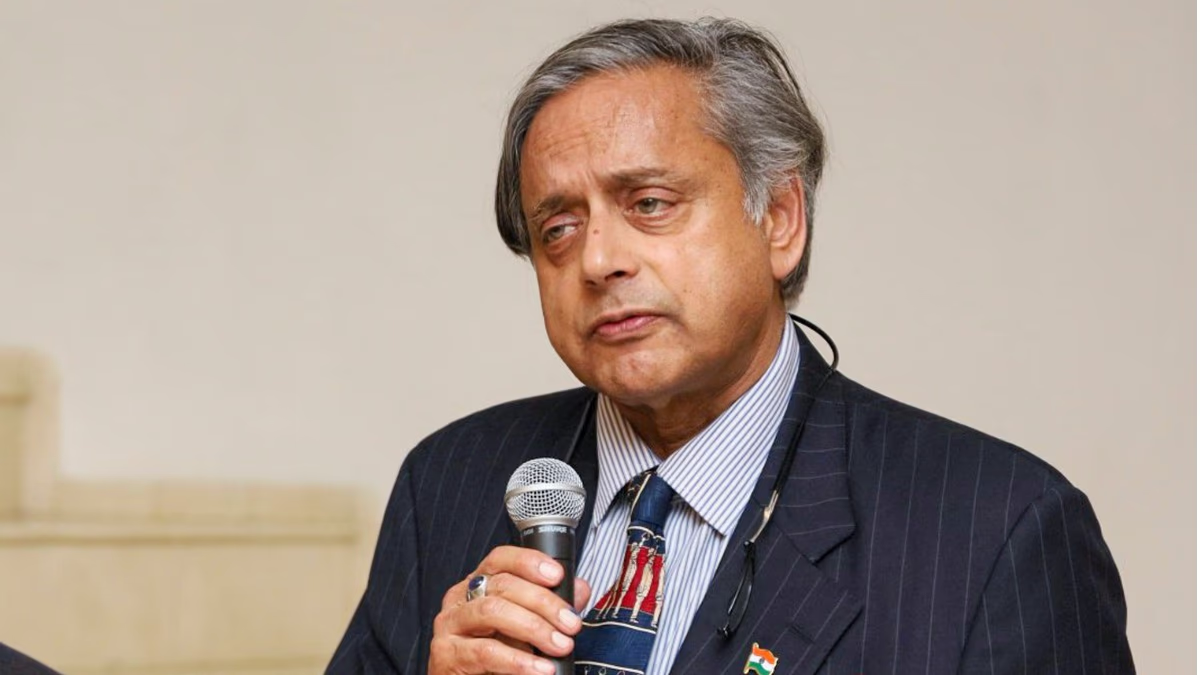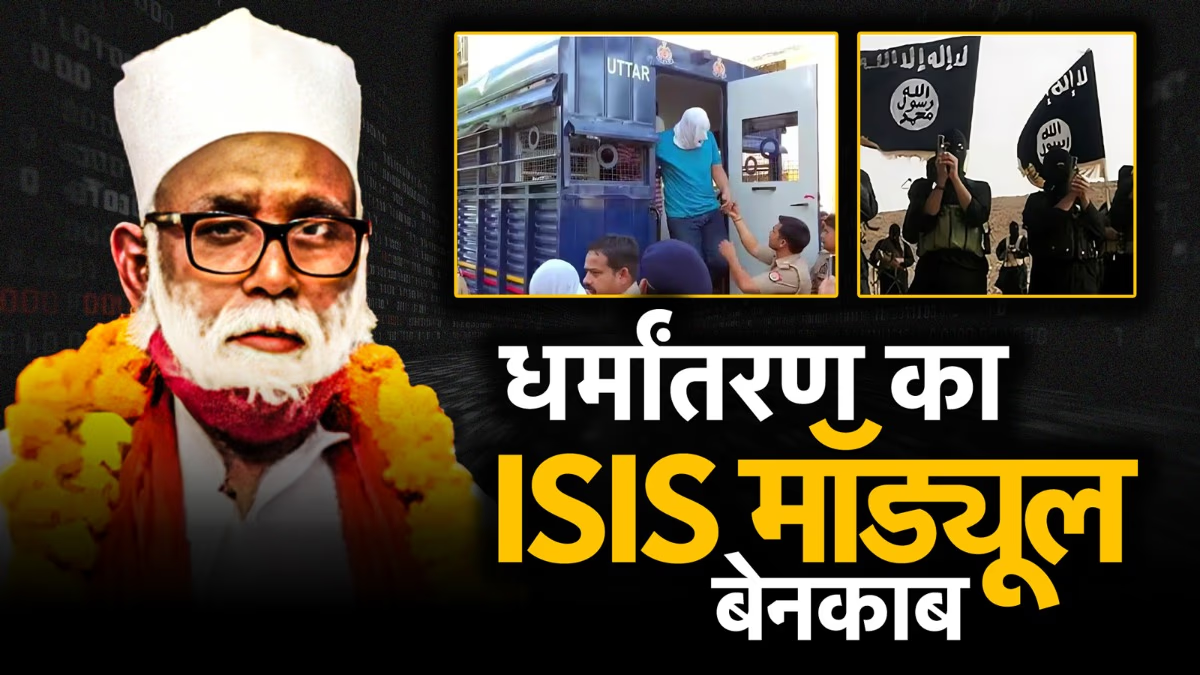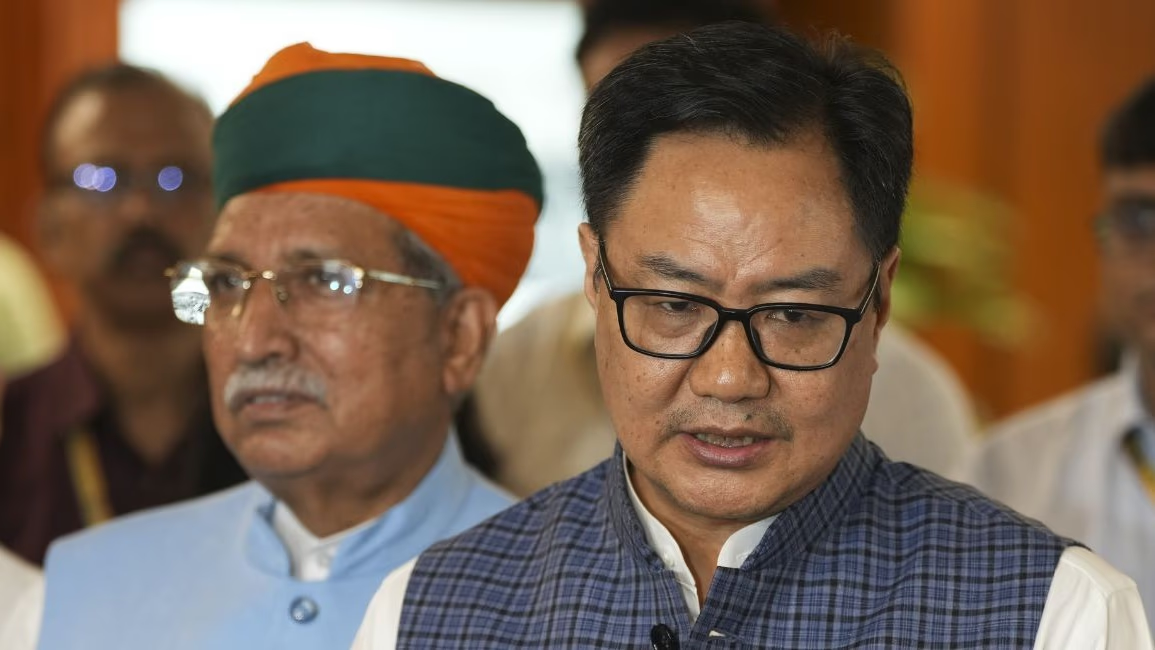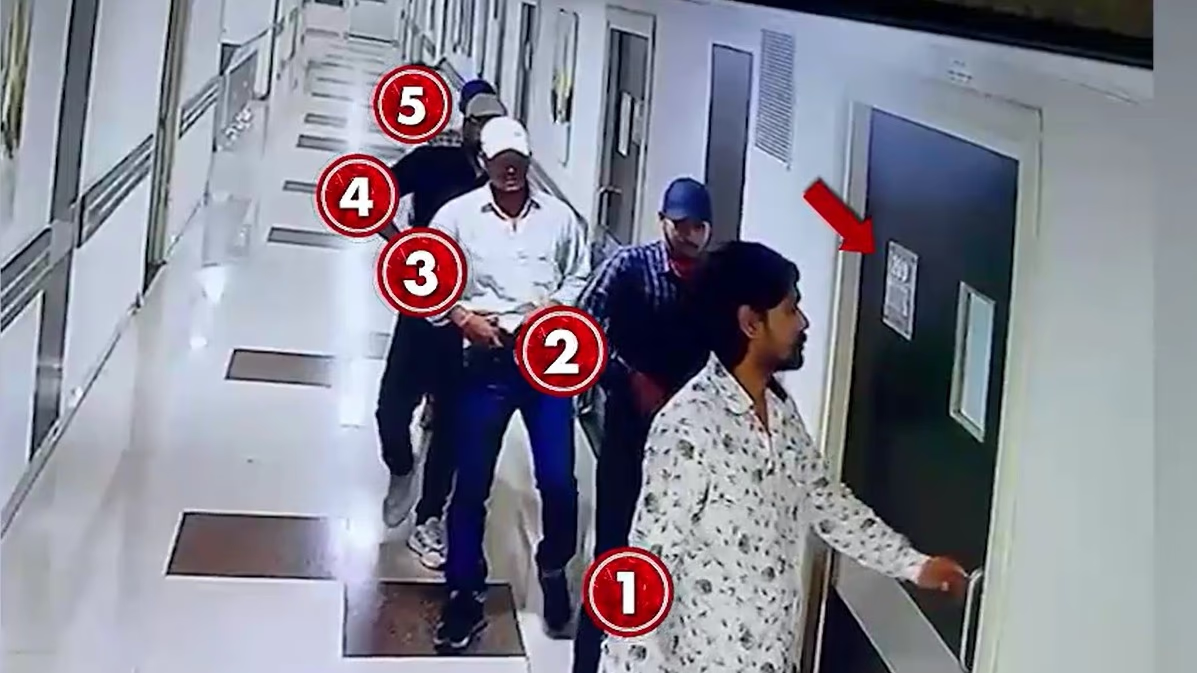On Sunday, senior Congress leader K. Muralidharan made a significant announcement, stating that Shashi Tharoor will not be invited to any party events in Thiruvananthapuram until he changes his stance on issues related to national security.
According to the agency, Muralidharan also made it clear that Shashi Tharoor is no longer 'one of us'. He noted that although Tharoor is a member of the Congress Working Committee (CWC), his recent remarks and position have cast doubts on the party's internal unity. He emphasized that Tharoor is no longer with them, so the question of boycotting him does not arise. This statement came in response to media inquiries about Tharoor's comment where he stated that 'the country comes first, and the party is a means to improve the country.'
What Did Shashi Tharoor Say?
During an event in Kochi, Tharoor explained that some people criticize him because he has recently shown support for the armed forces and the central government over national and border-related developments. Tharoor mentioned that he stands by his opinion as he believes it is in the national interest. He added that when one talks about cooperating with other parties for national security interests, one's own party may see it as a betrayal, creating a significant issue.
K. Muralidharan Criticizes Tharoor Again
Previously, K. Muralidharan had criticized Tharoor, particularly when Tharoor shared a public opinion survey presenting him as the UDF's (United Democratic Front) candidate for Kerala's Chief Minister. At that time, Muralidharan remarked that Tharoor should decide which party he stands with.
'Tharoor Must Clarify His Political Path'
The party's internal conflict escalated when Shashi Tharoor wrote an article in a Malayalam newspaper criticizing Indira Gandhi during the Emergency, which led Muralidharan to attack Tharoor again, suggesting he should clarify his political stance if he feels uneasy within the Congress.
When Did the Conflict Begin?
The discord between Shashi Tharoor and Congress leadership intensified after his statements following the terrorist attack in Pahalgam, which were seen as deviating from the party line and forced the party into a defensive position. These developments indicate a deep ideological and leadership struggle within the Congress.




